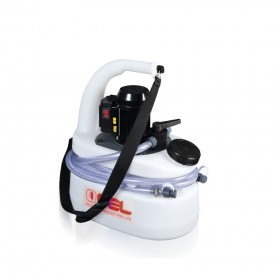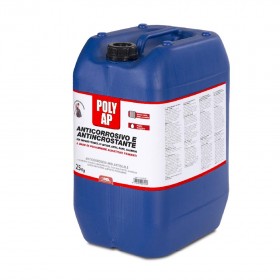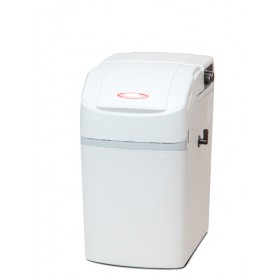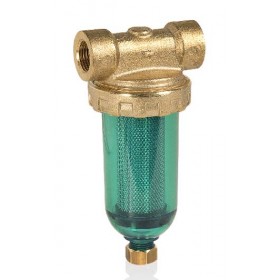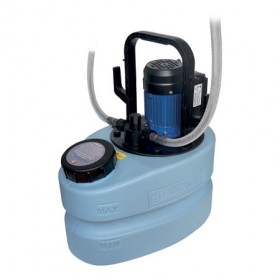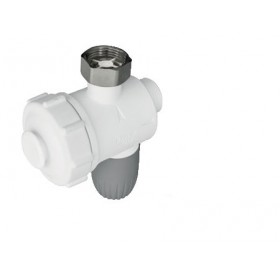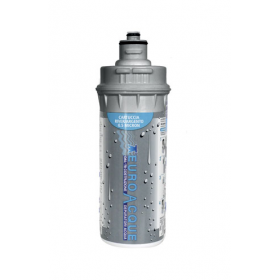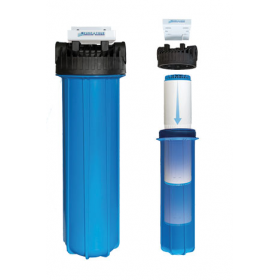Alpina AS 56 P WS 210 petrol engine snow blower

Water purification
There are 589 products.
GEL Resiclean 250 ml cleansing and regenerating resins cod. 109.081.60
GEL Climapur sanitizing air conditioning systems cod. 133.010.55
GEL Baby 13 descaling pump cod. 121.300.00
GEL Poly AP anticorrosive thermal systems cod. 107.028.20
GEL dirt separator filter Minimag SMART 3/4 + LL100 cod. 101.294.50
GEL Long life 300 cleaner for termi systems 1L cod. 113.162.21
GEL Compact Mini compact water softener cod. 109.715.50
GEL standard safety filter Depura Baby 1/2 cod. 101.001.10
GEL Zerocal+ PRO LINE 1/2 cod. 105.081.20
Proportional anti-limescale dispensers with liquid refill, ultra-compact for minimum encumbrance.
Euroacque professional universal degreaser mod. EURO DEGREASE
Euroacque 3/4 boiler protection kit mod. NO FLASH EXHAUST KIT
Magnetic filter dirt separator + chemical spray for system start-up or boiler replacement
Euroacque magnetic filter separator mod. WHITE HIPPO
Euroacque triple action microfiltering cartridge mod. RIVER/CAS
Euroacque 20 inch cartridge limestone treatment system mod. SP3













